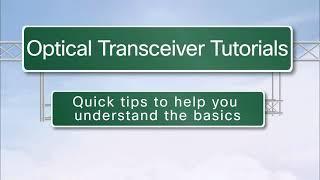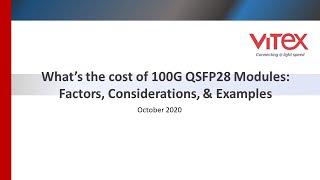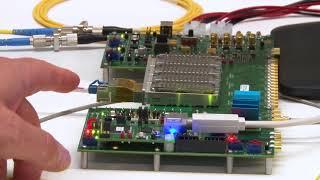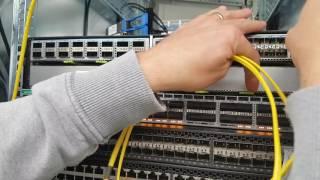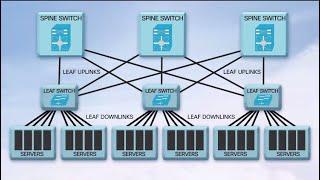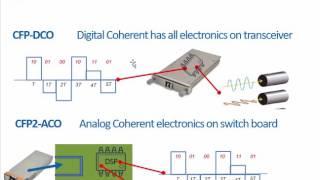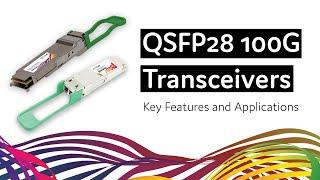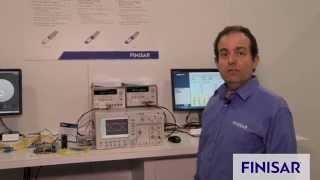When it comes to storage, a byte is a byte is a byte, isn’t it? One of the enduring truths about simplicity is that scale makes everything hard, and with that comes complexity. And when we’re not processing the data, how do we store it and access it?
In this presentation, we will compare three types of data access: file, block and object storage, and the access methods that support them. Each has its own set of use cases, and advantages and disadvantages. Each provides simple to sophisticated management of the data, and each makes different demands on storage devices and programming technologies.
Perhaps you’re comfortable with block and file, but are interested in investigating the more recent class of object storage and access. Perhaps you’re happy with your understanding of objects, but would really like to understand files a bit better, and what advantages or disadvantages they have compared to each other. Or perhaps you want to understand how file, block and object are implemented on the underlying storage systems – and how one can be made to look like the other, depending on how the storage is accessed. Join us as we discuss and debate:
Storage devices
•How different types of storage drive different management & access solutions
Block
•Where everything is in fixed-size chunks
•SCSI and SCSI-based protocols, and how FC and iSCSI fit in
Files
•When everything is a stream of bytes
•NFS and SMB
Objects
•When everything is a blob
•HTTP, key value and RESTful interfaces
•When files, blocks and objects collide
Presenter: Alex McDonald, Vice-Chair SNIA Europe and NetApp
In this presentation, we will compare three types of data access: file, block and object storage, and the access methods that support them. Each has its own set of use cases, and advantages and disadvantages. Each provides simple to sophisticated management of the data, and each makes different demands on storage devices and programming technologies.
Perhaps you’re comfortable with block and file, but are interested in investigating the more recent class of object storage and access. Perhaps you’re happy with your understanding of objects, but would really like to understand files a bit better, and what advantages or disadvantages they have compared to each other. Or perhaps you want to understand how file, block and object are implemented on the underlying storage systems – and how one can be made to look like the other, depending on how the storage is accessed. Join us as we discuss and debate:
Storage devices
•How different types of storage drive different management & access solutions
Block
•Where everything is in fixed-size chunks
•SCSI and SCSI-based protocols, and how FC and iSCSI fit in
Files
•When everything is a stream of bytes
•NFS and SMB
Objects
•When everything is a blob
•HTTP, key value and RESTful interfaces
•When files, blocks and objects collide
Presenter: Alex McDonald, Vice-Chair SNIA Europe and NetApp
- Category
- Network Storage
Be the first to comment




